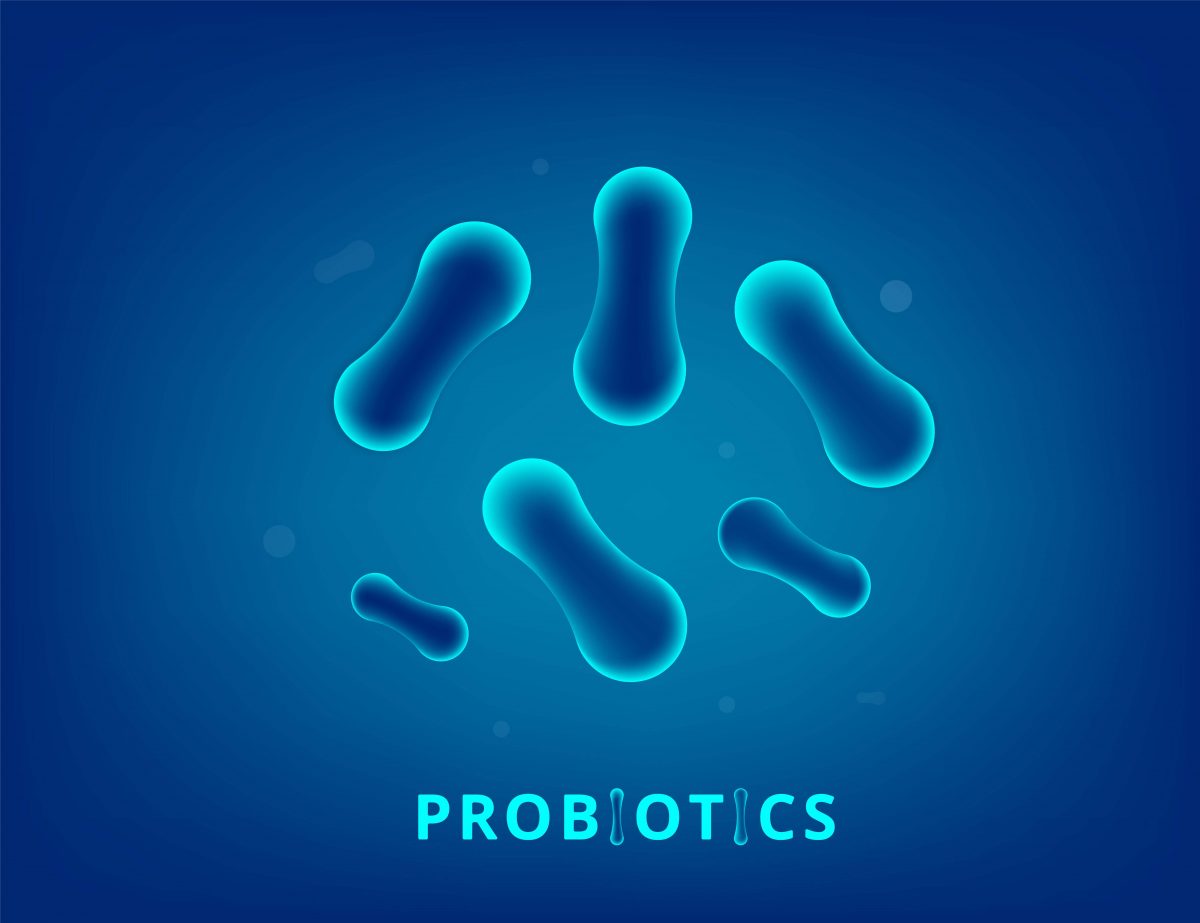
The ultimate guide to probiotics
Probiotics have been making a name for themselves in the nutritional marketplace recently and it’s easy to see why. Consumer education, published research and smart marketing have boosted the popularity of the live bacteria, so much so, we can now find them fortifying a range of everyday foods including snack bars, yoghurts, milk and juices. More recently, probiotics have found a place in formulations such as tablets and powders.
The role of probiotics in overall wellbeing is showing that the health of our gut is more important than we think. What do probiotics do to benefit our health? This blog looks into the science behind these good guys and their important function in the body.
What are probiotics?
Probiotics are live bacteria often described as ‘good’ or ‘friendly’, which promote overall health and wellbeing and provide health benefits to the body by preventing harmful bacteria from settling in the gut. Probiotics live in the gut and work by helping to maintain a balance with the natural-occurring bacteria in the digestive system.
There are trillions of micro-organisms living within the gastrointestinal tract, making up what is known as the gut microbiome. Like a fingerprint, each person’s gut microbiome is unique, affecting everything from your metabolism to your mood. The microbes in our guts help us process and absorb nutrients and lower the risk of various conditions such as heart disease, obesity and diabetes.
How do probiotics benefit the body?
Backed by scientific evidence, probiotics have been shown to restore the balance of the gut. A balanced, healthy gut is vital for overall health and wellbeing, helping to protect the body from disease. An imbalance in the gut, also known as dysbiosis, is believed to affect a number of chronic health issues, including digestive problems, as well as immune dysfunction and infections.
Scientific evidence is proving probiotics to be helpful in cases of preventing diarrhoea and aiding symptoms of irritable bowel syndrome. They have been shown to keep you healthy by decreasing the number of potentially harmful bacteria in your gut, replacing the body’s ‘good’ bacteria that have been lost, and restoring balance.
Researchers have even suggested that gut microbes may play a role in mental wellbeing, through a two-way communication known as the gut microbiome-brain axis. Evidence that gut microbes can talk to the human nervous system by producing neurotransmitters that are crucial for good mental health, was found by researchers in Belgium, showing a healthy gut to be crucial for a happy mind.
What are sources of probiotics?
Probiotics occur naturally in our digestive tracts made from the digestion of the foods we already eat. They can be found in some foods, including yoghurts, milk drinks and more recently supplemental forms. Other foods that contain probiotics include kefir, sauerkraut, and even some soft cheeses.
New strains of probiotics are making more shelf-stable applications possible resulting in their introduction to a number of pantry staples including granola, oatmeal, nut butters, soups and nutrition bars. Kellogg’s, for example, launched a product called Happy Inside (Hi!) that includes prebiotics, probiotics and fibre – a ‘trifecta’ for gut health, according to the company.
As probiotics expand beyond the chilled foods category, strain diversity and targeted formulations are increasing areas of concentration. The nutraceutical industry is exploring the discovery of probiotic strains which contribute to overall health and wellbeing beyond the gut. For example, OptiBiotix has developed a next-generation probiotic, Lactobacillus plantarum LPLDL®, which aids elements of cardiovascular and physiological wellbeing. A true breakthrough in innovative health product development, LPLDL® was developed using pharmaceutical platforms and demonstrates the capacity to boost heart wellness as it positively impacts on lipid profiles and blood pressure, both very significant cardiovascular risk factors. Its naturally-occurring metabolic activity harnesses the microbiome-liver axis, the intestinal bacteria and liver’s crosstalk, to reduce blood pressure and cholesterol.
As we learn more about the benefits and power of probiotics, we will see an increasing number of manufacturers and ingredient suppliers develop functional food products that feature probiotics to modify specific elements of the microbiome, empowering consumers to take a new more natural and holistic approach to their wellbeing.
